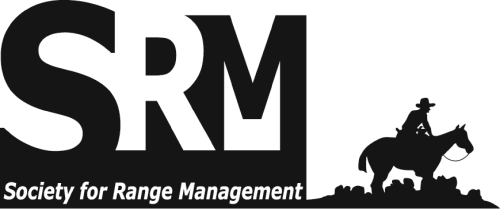Strategies to mitigate ecological and economic damage that will be incurred from climate and land use changes require immediate and active implementation. However, current research may be insufficient to deliver the data that restoration practitioners need to design and implement successful intervention strategies on rangeland habitat. This may be due to the lack of a comprehensive understanding of the mechanisms driving recruitment in degraded rangeland systems, which are critical for making predictions of how populations in these habitats will ultimately respond to restoration efforts. In order to identify and predict general patterns of recruitment limitations in a way that would increase our ability to manage intervention outcomes, we conducted a multi-state experiment across degraded sagebrush-steppe habitat in the Great Basin, where we seeded out four perennial bunchgrass species into experimental sites. We followed the short-term patterns of early life history traits of the restoration species across biotic (density of cheatgrass, a common invasive species) and abiotic (weather and soil texture) gradients. We found that biotic and abiotic gradients modify population bottlenecks of restoration species in different ways. Abiotic gradients of soil type, and soil moisture constrain germination and establishment of seeded restoration species. However, the density of cheatgrass appears to restrict population growth rate by limiting first year survival of restoration species. This work highlights the value of providing the information that allows restoration practitioners to make predictions of how populations in degraded rangeland habitats will ultimately respond to restoration efforts across regions.

Oral presentation and poster titles, abstracts, and authors from the Society for Range Management (SRM) Annual Meetings and Tradeshows, from 2013 forward.